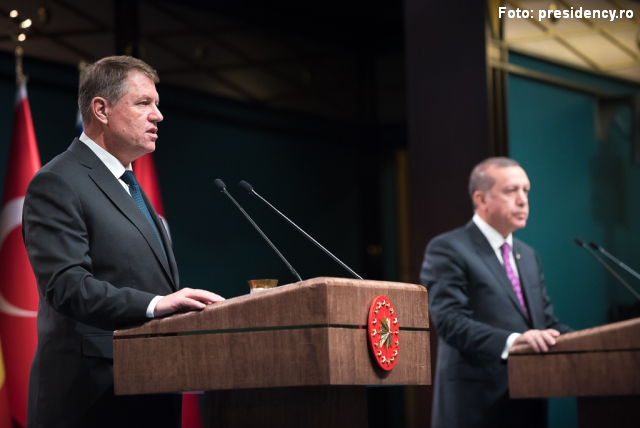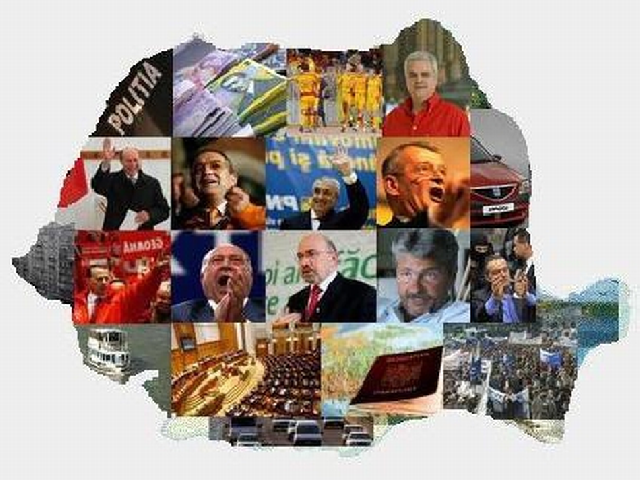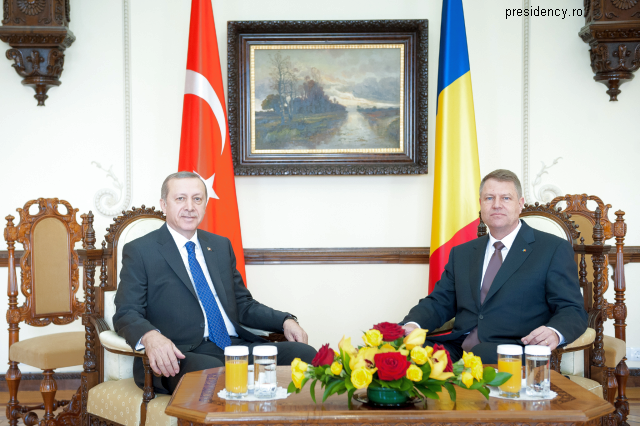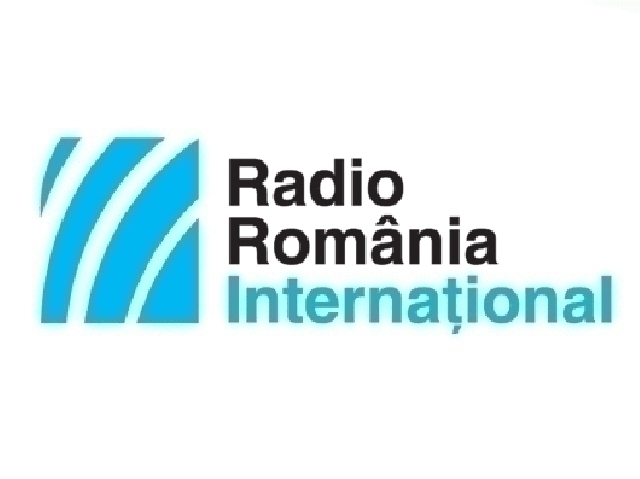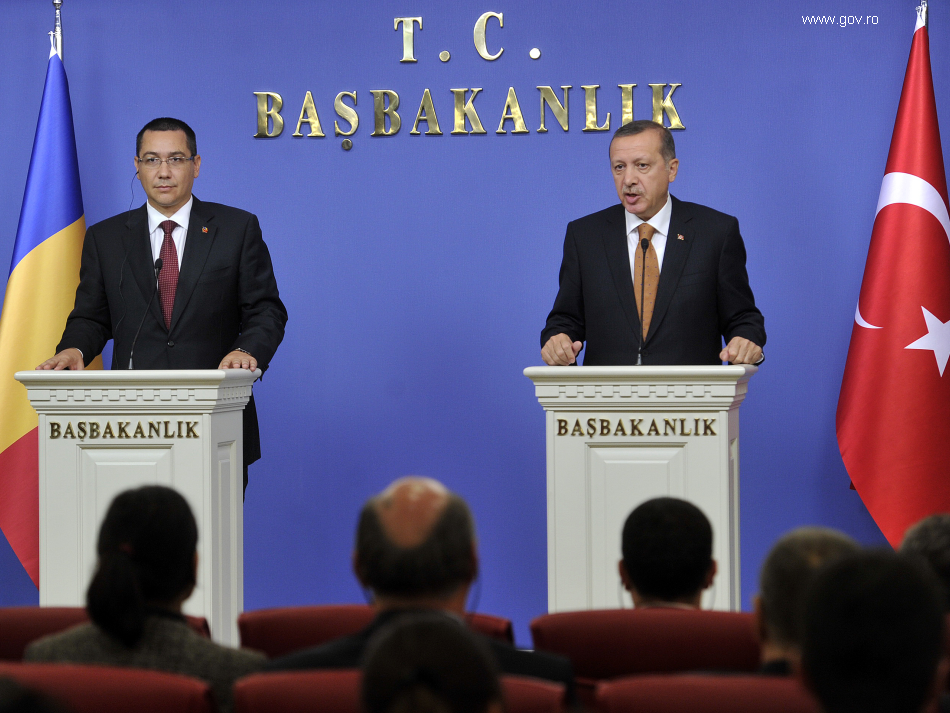CONSTITUTION – Romanias Constitution is twice celebrated today, as November 25th marks 150 years since the adoption of the 1866 Constitution and 25 years since the adoption of the 1991 Constitution. The Romanian Constitution has been revised several times thoughout its history. The first Constituion, adopted in 1866, stipulated for the first time the indivisible character of the Romanian state, which was officially called Romania. Following was the Constitution passed in 1923, seen as the country’s first democratic Constitution, and the one adopted in 1948, when the communist regime took power and instated a totalitarian regime. The 1991 Constitution marked the country’s return to democracy. Romania is the first European country to have stipulated, in its Constitution, the right of national minorities to be represented in Parliament.
STRIKE – Lufthansa pilots have cancelled thousands of flights in extended strike action. The airline has already grounded nearly 1,800 flights since the strike began on Wednesday. It had originally been planned as a 24-hour walkout but has been extended three times. Travel plans for more than 300,000 passengers have been disrupted. The strike has also affected flights to and from Bucharest.This is the pilots’ 14th walkout in under three years. The union wants a 3.7 percent pay rise over five years from 2012. Lufthansa has offered 2.5 percent over a six-year period until 2019.
WARNING – President Recep Tayyip Erdogan has warned Turkey could open its border for refugees to stream into Europe as EU lawmakers vote for a temporary halt to membership talks. MEPs voted in favor of halting long-term membership talks with Ankara at a plenary session in Strasbourg on Thursday amid concerns about the brutal crackdown on political dissidents since the failed coup in July. More than 110,000 people, including soldiers, academics, judges, journalists and Kurdish leaders, have been detained or dismissed over their alleged backing of the July 15 coup attempt. We remind you that in March, Turkey made a landmark deal to stop illegal migration to Europe via its shores.
UNITED NATIONS – The United Nations International Day for the Elimination of Violence against Women, observed on November 25 every year since 2000, is an occasion for governments, international organizations and non-governmental organizations to raise public awareness of violence against women. In Romania, three in ten women are victims of physical, verbal or psychological violence after the age of 15, according to a study published by the European Union Agency for Fundamental Rights based on data collected in 2014. 14 counties in Romania have no support services or shelters for women faced with domestic violence and in small communities in particular, women don’t know what they can do when subject to aggression.
HEALTH – In Bucharest, the Prime Minister’s Control Team will make checks at the National Health Insurance House to find out what causes the flaws in the health cards’ system. The move has been triggered by repeated malfunctions in the system this year. The national health card system cost over 180 million euros and has been operational since last May. General practitioners and pharmacists, who are allowed to operate only based on health cards, have argued that the system gets blocked very often, causing huge problems and delays.
FOOTBALL – Thursday’s Europa League matches brought wins for the two Romanian teams playing in this competition. On home turf, Steaua defeated the Turkish side Osmanlispor 2-1, while Astra Giurgiu secured an away win against Austria Vienna, also 2-1, now having a good chance to advance to the Europa League round of last 32. On the National Arena stadium in Bucharest, Steaua had a bad start against Osmanlispor. However, in the second half of the game, Steaua played a lot better and clearly dominated the game. In the other Group L fixture, FC Zurich drew at home against the Spanish side Villareal 1-all. Ahead of the last round, Osmanlispor are top the group table with 7 points, followed by FC Zurich, Villareal and Steaua, each with 6 points. On December 8 Steaua will travel to Spain for a game against Villareal, while Osmanlipsor take on FC Zurich in Ankara.
(Translated by Elena Enache)


